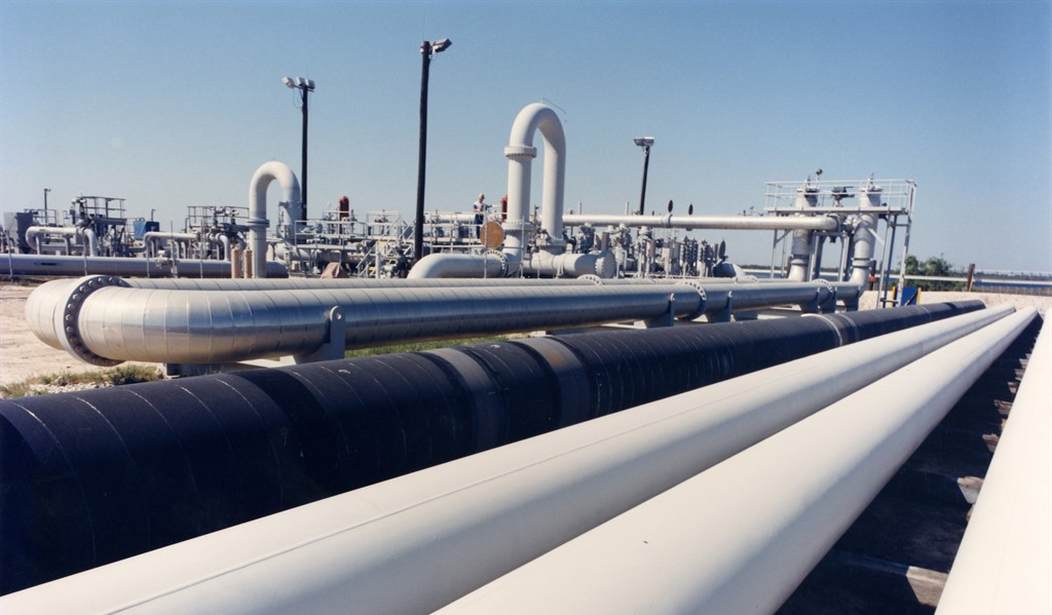Maybe the president thinks that the third time is the charm.
Twice this year already, the Biden administration has tapped into the Strategic Oil Reserve (SPR) to try and flood the market with enough oil to drive the price at the pump down.
Needless to say, it hasn’t worked. But the president is about to double down on efforts to bring the pump price down by tapping the SPR for a truly massive amount of oil: at least a million barrels a day for a total over several months of 180 million barrels.
It’s the largest release from the SPR in history. And for the president, it represents perhaps his last chance to salvage his party’s chances of maintaining control of Congress before the midterm elections bury the Democrats in a red wave.
But is this the reason the SPR was created in the first place? What’s so “strategic” about saving Biden’s a**? Indeed, the criteria for releasing the reserve are vague at best. And Biden is taking full advantage of that.
The steps are an attempt to reduce gas prices while also putting an onus on oil companies to increase supply. The dramatic step, which Biden announced from the White House, confronts what has become a looming political problem months ahead of the midterm elections.
“Our prices are rising because of (Russian President Vladimir) Putin’s actions. There isn’t enough supply. And the bottom line is if we want lower gas prices we need to have more oil supply right now,” Biden said.
The President added: “Your family budgets to fill a tank — none of it should hinge on whether a dictator declares war.”
The problem is that the U.S. was a net exporter of oil when Biden took office. But fossil fuels cause climate change, so no drilling and no fracking.
But remember: The oil crisis isn’t Biden’s fault.
The U.S. SPR currently holds 568.3 million barrels, its lowest since May 2002, according to the U.S. Energy Department.
The United States is considered a net petroleum exporter by the IEA. But that status could change to net importer this year and then return to exporter again as output has been slow to recover from the COVID-19 pandemic.
It was not immediately clear whether a 180 million barrel draw would consist of exchanges from the reserve that would have to be replaced by oil companies at a later date, outright sales, or a combination of the two.
Even with the media running interference for him and obscuring the president’s role in this crisis, the American people will almost certainly understand where the blame for the high pump prices belongs.










Join the conversation as a VIP Member